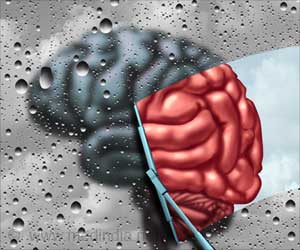Young night shift workers have shown to have a poor quality of life compared to day shift workers due to their need to pee more, as a result of their overactive bladder.

‘Night shift workers reported a significantly higher rate of overactive bladder, and a poorer quality of life when compared with day shift workers. All the workers were under 50 years old.
’





Researchers from the Sant'Andrea Hospital in Rome surveyed 68 men and 68 women between March and October 2018. All were workers in the Italian National Health System, with 66 of the volunteers working nightshifts, on average, 11 hours per night shift. The 70-day workers worked an average of 9.1 hours/day. The researchers found that the night shift workers reported a significantly higher rate of overactive bladder, and a poorer quality of life when compared with day shift workers. All the workers were under 50 years old.Using the generally accepted Overactive Bladder Questionnaire*, they found that those on night shift reported an average total score of 31, as against a score of 19 for those working day shifts. They also found those night workers scored a significantly worse quality of life (measured using the OAB QL score and the EORTC QLQ-30 score), with scores of 41 against 31 with day shift workers (see abstract for ranges).
Research leader, Dr. Cosimo De Nunzio said: "We know that long-term night work is stressful, and is associated with increased levels of health problems. This work shows that constant night workers may have a higher urinary frequency as well as a decline in their own quality of life. Furthermore, we have measured these changes in health workers, who are themselves responsible for looking after the well-being of patients. If they feel bad themselves, then this will inevitably lead to poorer patient care. The same is probably true in many other occupations. One of the most concerning things about this work is everyone in our sample was under 50. We normally expect bladder problems with older people, but here we have younger people expressing a deteriorating quality of life".
Background
In many countries, night shift work is increasing so as to cope with the demands of the 24-hour economy. In the UK one worker in 8 works night shift (2017 figures; that's 3.2 million, a 250,000 increase in the previous five years), with one in 6 black workers working the night shift. In the USA, nearly 9 million people work night shifts. In general, night shift workers are concentrated in poorer manual or service jobs, such as security, transport, cleaning, maintenance, etc. Night work has been shown to put stresses on health, with night workers showing greater levels of depression, cardiovascular disease, and certain cancers.
Advertisement
This is an independent comment; Professor Jean-Nicolas Cornu was not involved in this work
Advertisement
Source-Eurekalert










